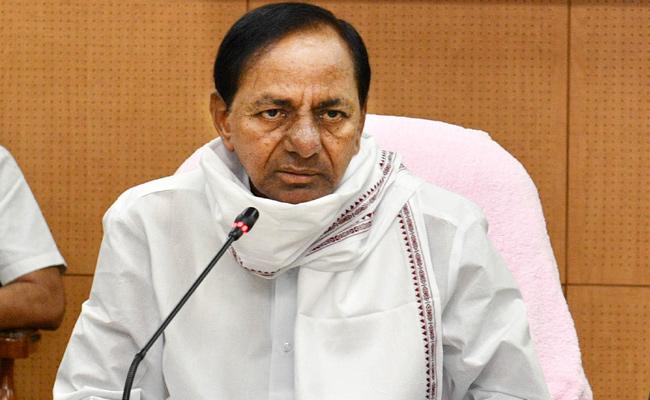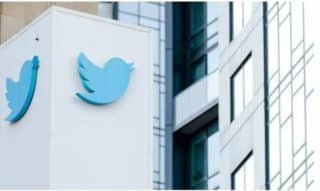 Three weeks after the YSRCP government in Andhra Pradesh led by CM Y S Jagan Mohan Reddy introduced the mobile sample collection centres for Covid-19, the Telangana government led by K Chandrasekhar Rao woke up to the need.
Three weeks after the YSRCP government in Andhra Pradesh led by CM Y S Jagan Mohan Reddy introduced the mobile sample collection centres for Covid-19, the Telangana government led by K Chandrasekhar Rao woke up to the need.
On Wednesday, Telangana health minister Etela Rajender unveiled the mobile testing facilities in specially designed buses, which were introduced in AP long ago. These mobile Covid-19 testing facilities are available across containment zones and slum settlements in Telangana.
Rajender said the mobile Covid-19 testing buses along with ambulances and trained personnel will visit the containment zones and slums to conduct rapid antigen tests and immediately shift those patients who test positive and need institutional care to a government hospital.
“We have 1,100 Covid-19 testing facilities across Telangana. However, everybody cannot visit government health facilities from their containment zones or slums. Our mobile testing buses, with each bus having at least 10 to 12 testing counters, will visit such places and offer Covid-19 tests for free,” Rajender said.
Named ‘Intelligent Monitoring Analysis Services Quarantine’ (iMASQ), the testing facilities are housed in specially designed buses, developed by Hyderabad-based Vera Smart Healthcare.
Each mobile centre will have two sample collection teams and at least 10 sample collection counters.
Such mobile centres will visit the pre-designated containment area and remain there from 8 am to 5 pm, so that local people can avail the services.
At least five per cent of the Covid-19 cases need critical care in the form of additional Oxygen supply, ventilators and life-saving drugs.
Rajender said the government is prepared to provide them with the latest drugs that are hitting the market including Remdesivir, Favipiravir and Tocilizumab.
“We are doing our best not to lose patients needing critical care,” he said.
At least 80 per cent of the Covid-19 patients in Telangana are recovering in home isolation while another 15 per cent of the patients with moderate symptoms need institutional isolation for recovery.
“The remaining five percent are severe patients who need life-saving drugs, which we are providing,” he added.
























